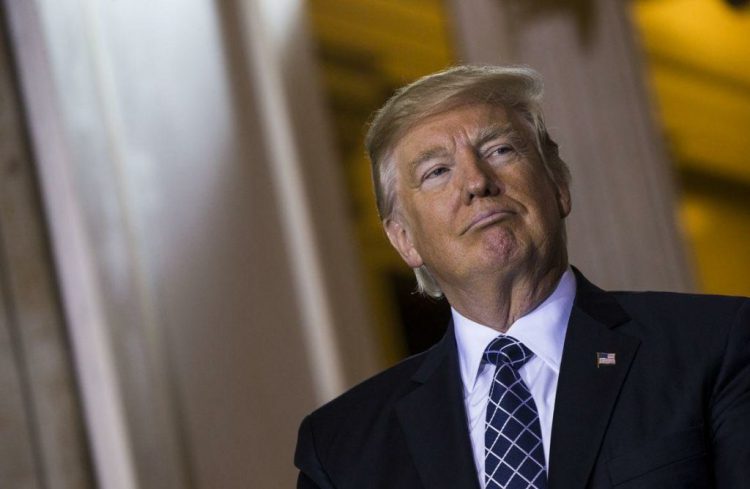I was asked a particularly interesting, but surprisingly easy, question this week during one of the interviews I did in support of my new book, BITE THE DOG: Build a PR Strategy to Make News That Matters: If the White House called asking for my advice to help President Trump win a larger share of love (or even begruding like or mere tolerance) from the masses, what counsel would I offer?
Simple: Apologize.
It’s worth noting I would never expect such a call — not just to be placed to me, but to anyone who does what I do. That is because, as I explain in Chapter 5 in my book, the current Leader of the Free World practices a different form of public relations than the rest of us. PR in his atmosphere does not stand for “public relations”; it stands for “public retaliations.” I unpacked that assertion in a recent op-ed:
He can yell at and Tweetbomb his media detractors—calling them “losers” and worse, calling their publications and shows “failures” and worse—and not lose supporters. In fact, rants of that nature tend to invigorate those who back him. He can make outsized claims about his accomplishments, get caught saying terrible things on a hot mic, and not alienate those same supporters. … President Trump operates from the premise that his base—be they fans of The Apprentice or voters who punched the chad next to his name—doesn’t like or trust the “mainstream media.” So he has zero qualms about doing any of those things described above while interacting with them. And those who oppose him? They are already aghast at everything he says and does. What exactly is the effect of them becoming aghast-er?
But, being a good interview subject, I had to answer the question put before me (truth: No I didn’t; that’s in the book, too, in Chapter 8 — but I liked the host and had a good answer, so … ). And the suggestion to apologize was a no-brainer, because a sincere, straight-no-chaser apology is the most underutilized way to leverage opportunities and expectations — the essence of good PR — en route to generating positive headlines for an individual or organization.
Don’t believe me? Think back to Janet Jackson and her infamous Super Bowl “wardrobe malfunction.” That was 14 years ago, and it’s still a punchline — in large part, I’d argue, because Michael’s little sister didn’t apologize effectively. She didn’t say she was sorry she flashed more than 144 million Americans chatting over nachos during halftime of the Panthers-Patriots game. She said she was sorry if anyone was offended by said flashing. Pro tip: From-the-heart mea culpas don’t include the word “if.”
Hence my mythic advice to the president, whose practice of public retaliations offers plenty of opportunities to apologize on a pretty much daily basis. If he ever deigned to pick one of those, truly express remorse over it and ask for forgiveness, he’d earn a little more of something he sorely lacks in many quarters: respect. As I elaborate on in the video snippet from my radio interview included below, apology is not weakness. It is one of the most powerful tools in the crisis-communications toolbox.



Recent Comments